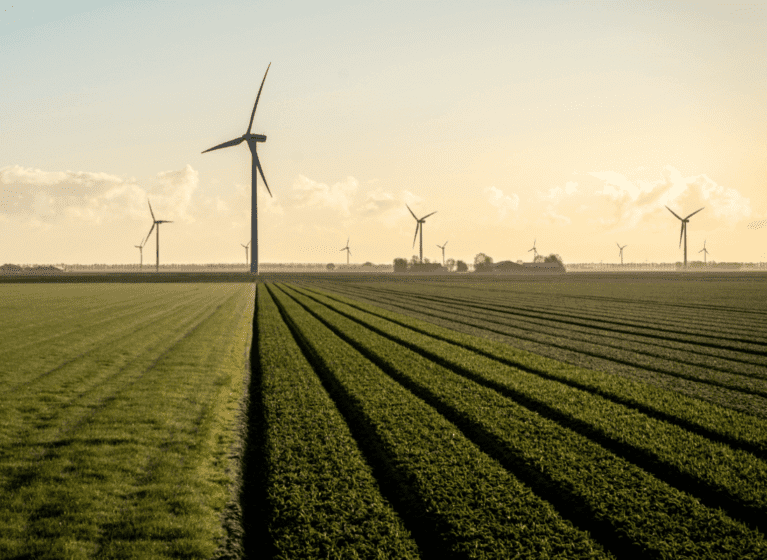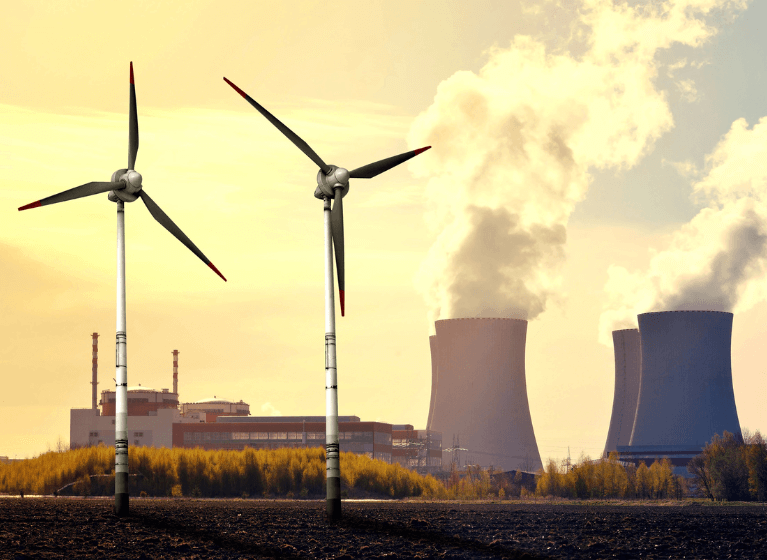Biomanufacturing is expanding from the pharmaceutical and food industries into the manufacture of biofuels and bioplastics. The discovery of methanotrophic bacteria that can prepare biofuels or bioplastics from methane, while consuming carbon dioxide, is an exciting advance for green chemistry, renewable products, and the environment.
The difference between traditional petrochemical and bio- plastics and fuels
Petrochemicals including plastics and fuels have revolutionised our lives. Unfortunately, the majority of these commodity chemicals are made by refining petroleum, with the associated negative environmental impacts. In the ongoing push towards reducing the use of fossil fuels, interest in bioplastic and biofuel replacements for traditional plastics and fuels is accelerating. Many bioplastics and biofuels are produced via chemical transformations from a renewable biomass source. Now, there is a shift from chemical transformation to methodologies that use microorganisms to manufacture these materials from our current waste streams. This is biomanufacturing.
Biomanufacturing
Biomanufacturing has been used in applications such as drug manufacture for decades. Two of the world’s most important and well known drugs, penicillin and insulin, have been made through biomanufacturing processes.
Research into the potential of microorganisms in biomanufacturing processes to reduce waste chemicals and create valuable products is increasing. One topic of particular interest is methanotrophic bacteria.
Methanotrophic bacteria
Methanotrophic bacteria produce products from methane by a gas fermentation process. Methane is an abundant and low-cost gas with high global warming potential. Both natural and engineered methanotrophic bacterial strains are being studied for the biomanufacture of bioplastics and biofuels from methane.
In yet another potential advance for the environment, some methanotrophic bacteria consume both methane and carbon dioxide resulting in the consumption of two known contributors to climate change that are produced in large quantities from natural sources and industrial waste streams. The capture of these gases to produce complex bioplastics and biofuels is clearly more sustainable than traditional processes.
Increases in biomanufacture patenting
As the race to improve commercial scale biomanufacture of bioplastics and biofuels continues, we are seeing an acceleration in the patenting of these innovations. We look forward to being involved in what happens next.
Please contact the multidisciplinary team at FPA for assistance in protecting your new discoveries or launching your new biomanufactured products.







